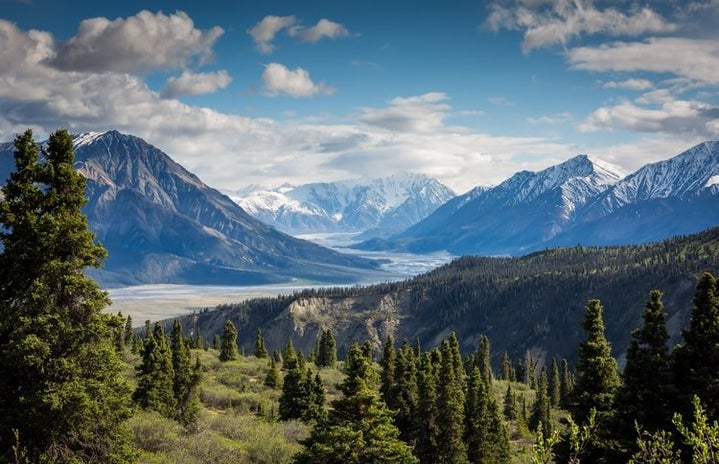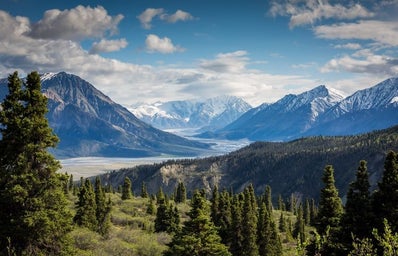In early March, millions of heads were turned when the Willow Project’s impending approval reached headlines across the country. With a million letters written to the White House and an anti-Willow Project petition being signed by 3 million people, it seems America’s cries fell onto deaf ears. On March 13, the Biden administration approved the Willow Project — essentially allowing a company known as ConocoPhillips to drill for around 90% of 600 million barrels of oil. While the Biden administration reduced the drilling sites from five to three, the approval of the project still goes against the fundamental components of President Biden’s campaign. Back in 2020, one of Biden’s essential arguments in support of his campaign would be to end new oil and gas drilling. But after a federal judge ruled against the act in 2021, the administration seems to have thrown its pro-environment policy out the window.
WHY IS THE WILLOW PROJECT SO DANGEROUS?
In recent years, oil drilling has been thriving with President Biden opening up new territory to permit the damaging trend. But what makes the Willow Project so toxic? With millions of barrels of oil located in Alaska, the Willow Project practically ensures severe environmental harm. The project would result in enough oil equivalent to nearly 2 million new gas-powered cars out on the roads. The project would emit 239 million tons of carbon dioxide into our atmosphere. But that does not even begin to touch on the subject of those near the drilling sites. The nearby wildlife and residential areas would be put in extreme danger from the drilling polluting their air and water supply. It has been proven that those in any relative proximity to these oil drilling sites have increased risk of life-threatening diseases like cancer or exposure to toxic chemicals or gases.
WHAT CAN WE DO?
However, there is some hope. Environmental law groups are working on postponing the actual drilling. Due to the intense weather conditions in Alaska, ConocoPhillips cannot even begin construction until later this year, giving legal teams plenty of time to work on cases against the project. For now, we need to do as much as we can to help our environment — no matter how big or small. People may view taking shorter showers or using dish towels instead of paper towels as minuscule and irrelevant, but if millions of people begin doing the small things, the difference would be astronomical. All it takes is a little effort — and if we all work together, we could help save our planet.


